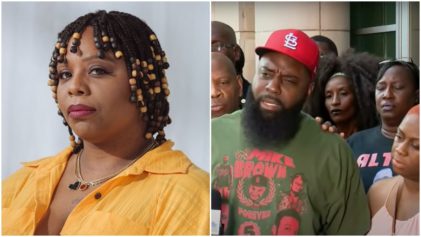An incredibly expensive video records request may have brought plans for police body cameras in Seattle, Washington to a screeching halt, a report revealed on Thursday.
The Seattle Police Department was preparing to have about 1,000 officers suited up with body cameras by 2016, but one anonymous computer programmer may have ruined these plans.
A man who runs a YouTube channel dedicated to revealing 911 calls, surveillance and police videos placed a request for daily updates on the police videos.
The department doesn’t have enough money or staff to fulfill such a request.
“This would just shut down so many other aspects of our operation, responding to a request of this nature,” a Seattle Police Department official told the Seattle Times newspaper.
With Washington having some of the most robust open records laws in the country, the expensive video records request has sparked concerns about funding a wave of new records requests once the body cameras are put in place.
Advocates are hoping that the anonymous programmer hasn’t just ruined what could have been a major step towards protecting the rights of citizens, especially in the Black community, and mending the broken relationship between law enforcements and the people they are meant to serve.
Thenational push for police body cameras received a jolt of support following the death of 18-year-old Michael Brown.
Brown was shot by Ferguson, Missouri police officer Darren Wilson while the teen allegedly had his hands in the air to surrender.
All across the country, people were speaking up and proclaiming that they have had enough of Black men dying at the hands of police officers and eyewitnesses having completely different version of events than what officers describe.

Getting police body cameras in more neighborhoods could be a key proponent in the fight against police brutality.
Unfortunately, the programmer’s unrealistic request may become a major roadblock for the implementation of police body cameras.
While many have speculated that the programmer simply wanted access to new material for his YouTube channel, the programmer himself insisted her was trying to make a political point.
“State law is simply too liberal when it comes to privacy,” he told Reuters. “Nobody is going to change the law until somebody’s privacy is violated in a big way.”


